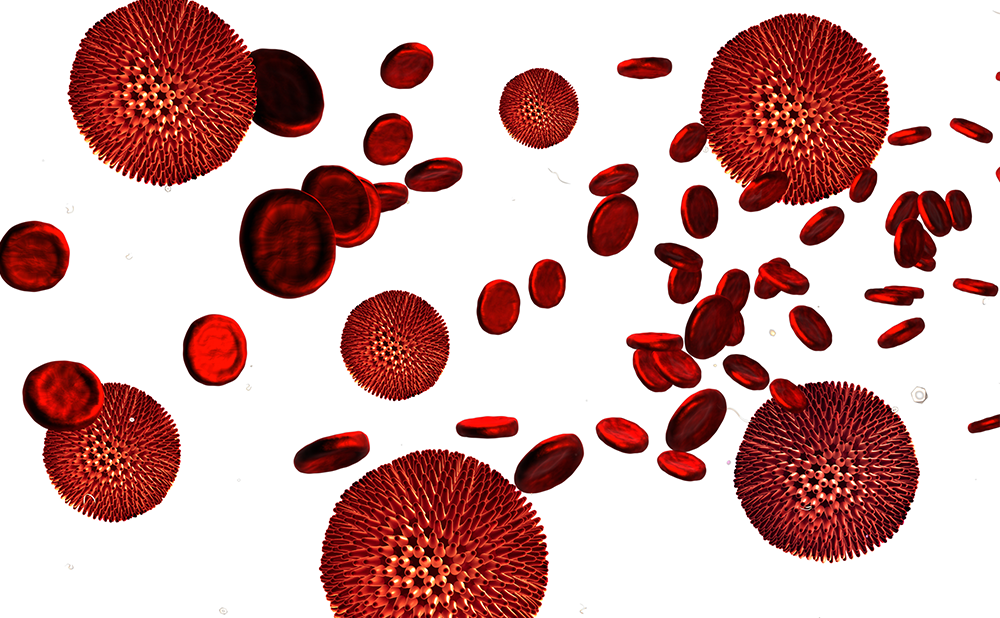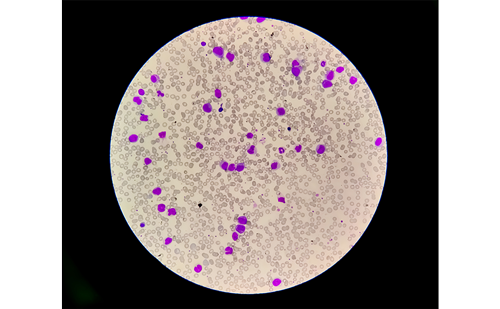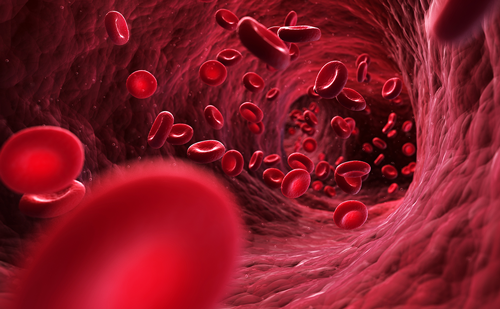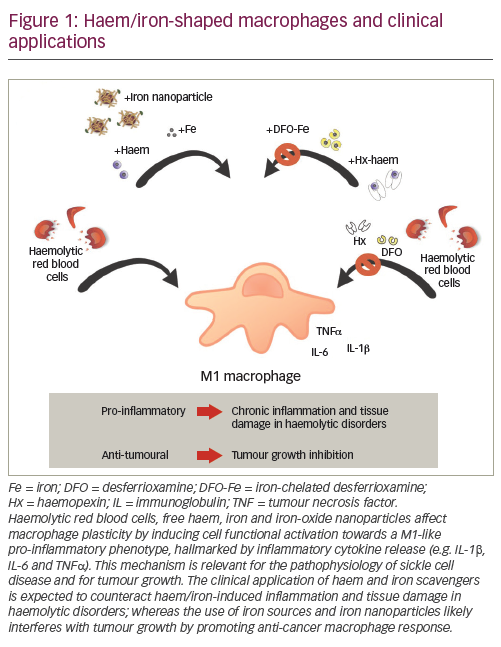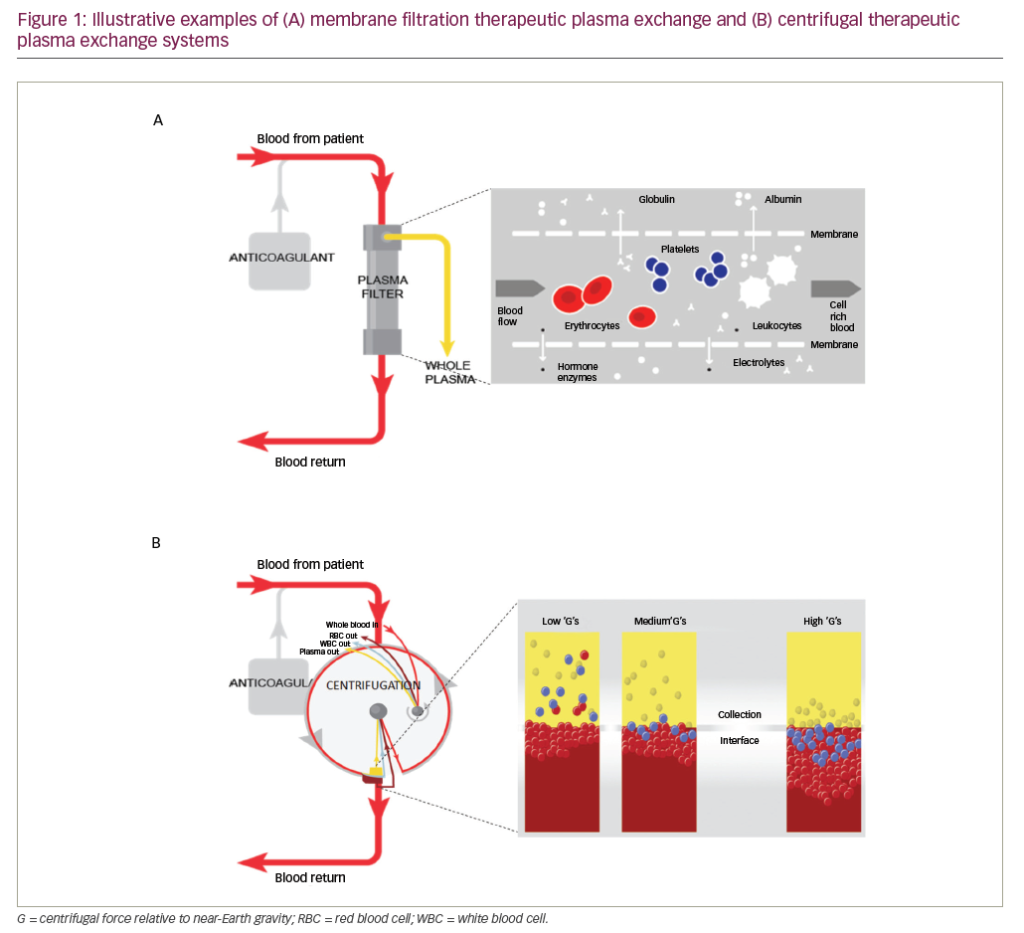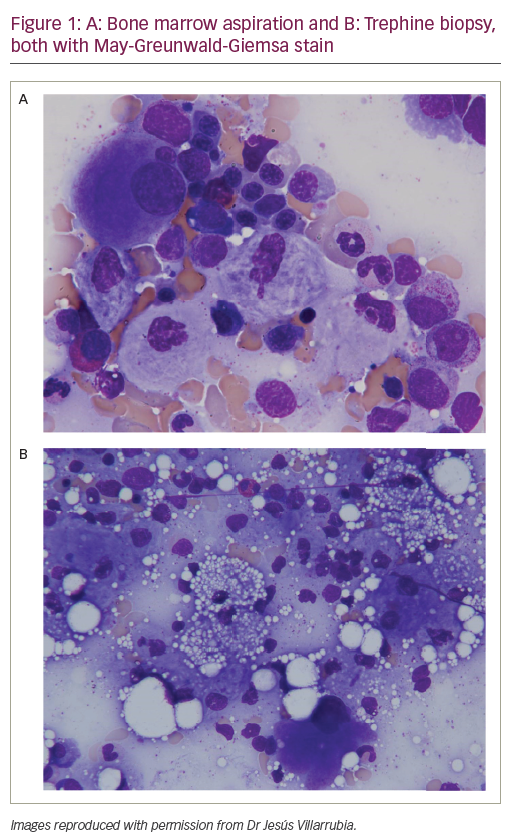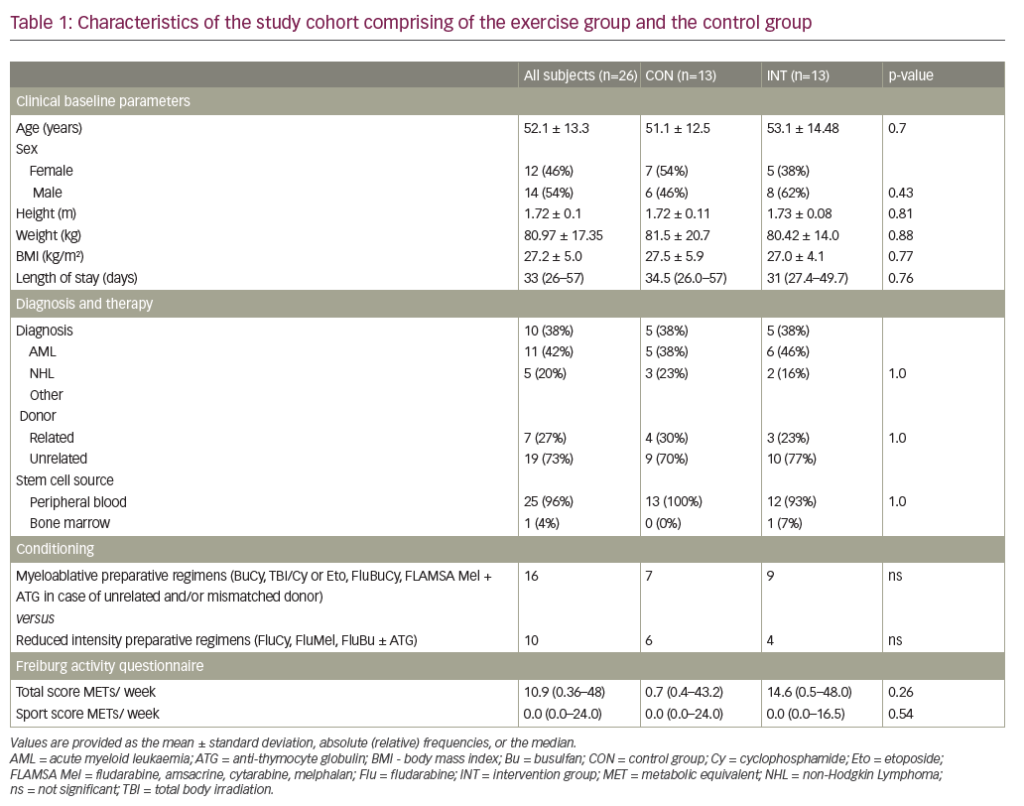Welcome to the fall edition of Oncology and Hematology Review, which features a wealth of topical and practical content for oncologists and hematologists, as well as being of interest to the wider medical community.
Our expert interviews continue to be popular, providing concise snapshots of hot topics in medicine. We are entering a transformative time in cancer care, thanks to advances in genetic profiling, novel molecular targeted therapies and the expanding field of immuno-oncology. Ian Flinn highlights the exciting recent developments that are improving outcomes in patients with B-cell malignancies. However, there is growing concern that clinical trials are becoming increasingly hard to conduct. John Marshall discusses the need to harmonize and not over-regulate clinical research.
Recent advances in precision medicine promise to revolutionize the treatment landscape of a number of common malignancies, but this approach relies on the identification of biomarkers. Wadie Bahou describes the role of platelets in cancer progression and metastasis, as well as their potential role as biomarkers. However, this approach has not yet proven applicable to all malignancies. Ulka Vaishampayan considers the challenges of personalized therapy in advanced renal cancer, as well as describing a promising new targeted therapeutic approach.
Worldwide, lung cancer continues to be the most common malignancy and the largest cause of cancer deaths. In the first of three interviews on this subject, Stephen Chun highlights the disparities in access to combined chemotherapy and radiotherapy for patients with small cell lung cancer across the US. Martin Edelman discusses the PACIFIC trial, the first study to demonstrate the efficacy of immunotherapy in stage III non-small cell lung cancer (NSCLC), and its impact on clinical practice. In addition, Khaled Tolba provides an insight into the challenges and opportunities presented by the use of immune biomarkers in therapeutic decision making in NSCLC.
We also feature a review article by Das and Gibson on recent advances in metastatic esophageal and gastroesophageal junction adenocarcinoma. The incidence of these devastating malignancies is rising in the US, and treatment is challenging, but new therapeutic options are improving outcomes. The incidence of hepatocellular carcinoma also continues to increase. In another review, Chen, Lopez, and Vaccaro describe the current approach to the diagnosis, staging, and management of this condition, with a focus on evolving approaches to systemic treatment.
Oncology and Hematology Review would like to thank all expert authors who contributed towards this edition. A special thanks goes to our Editorial Board for their continuing support and guidance. Thanks also go to all organizations and media partners for their ongoing support. We hope that all our readers will find plenty of interest among these timely and thought-provoking articles.


